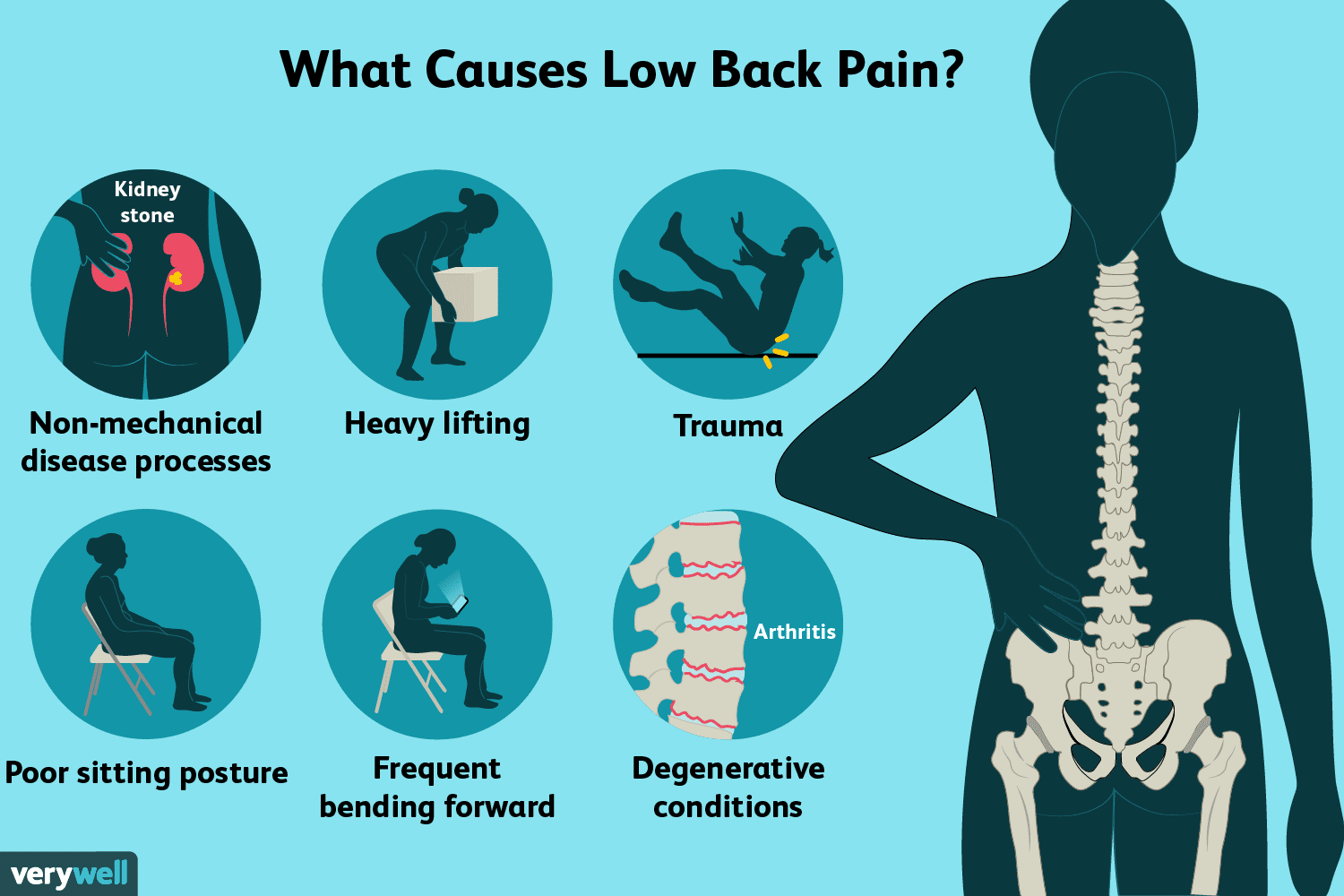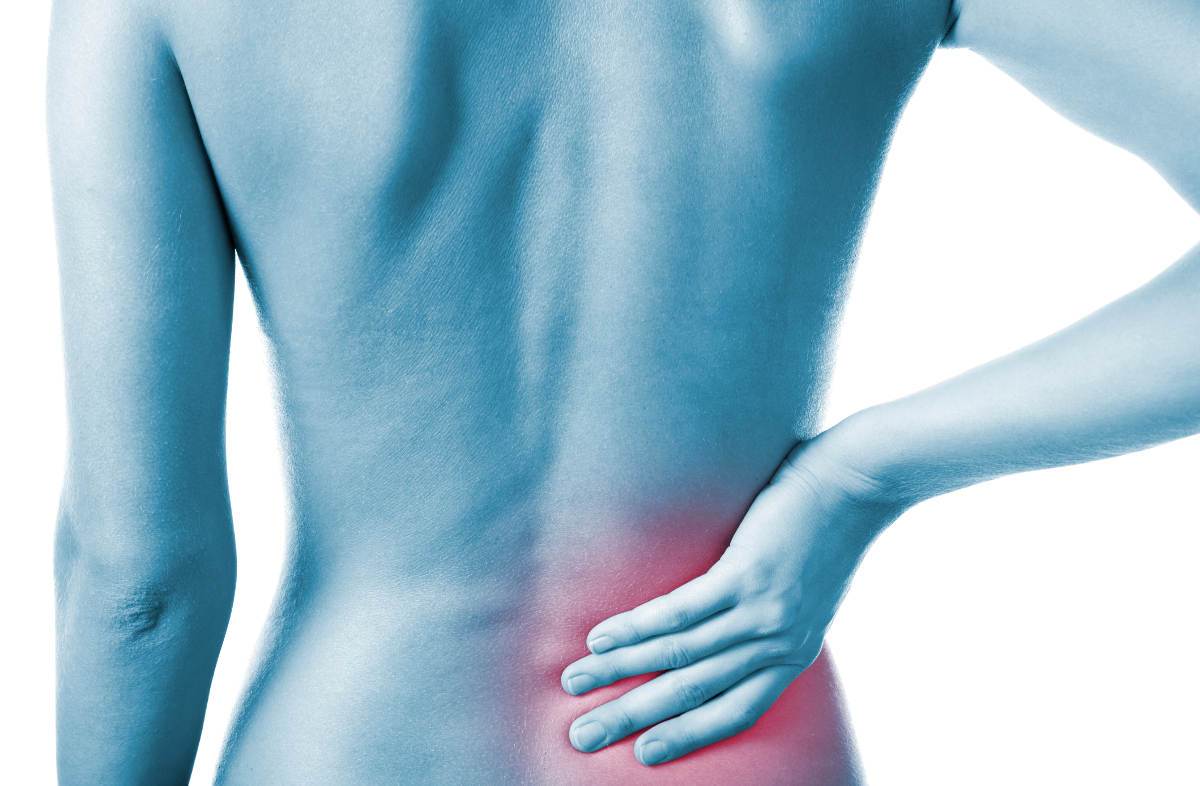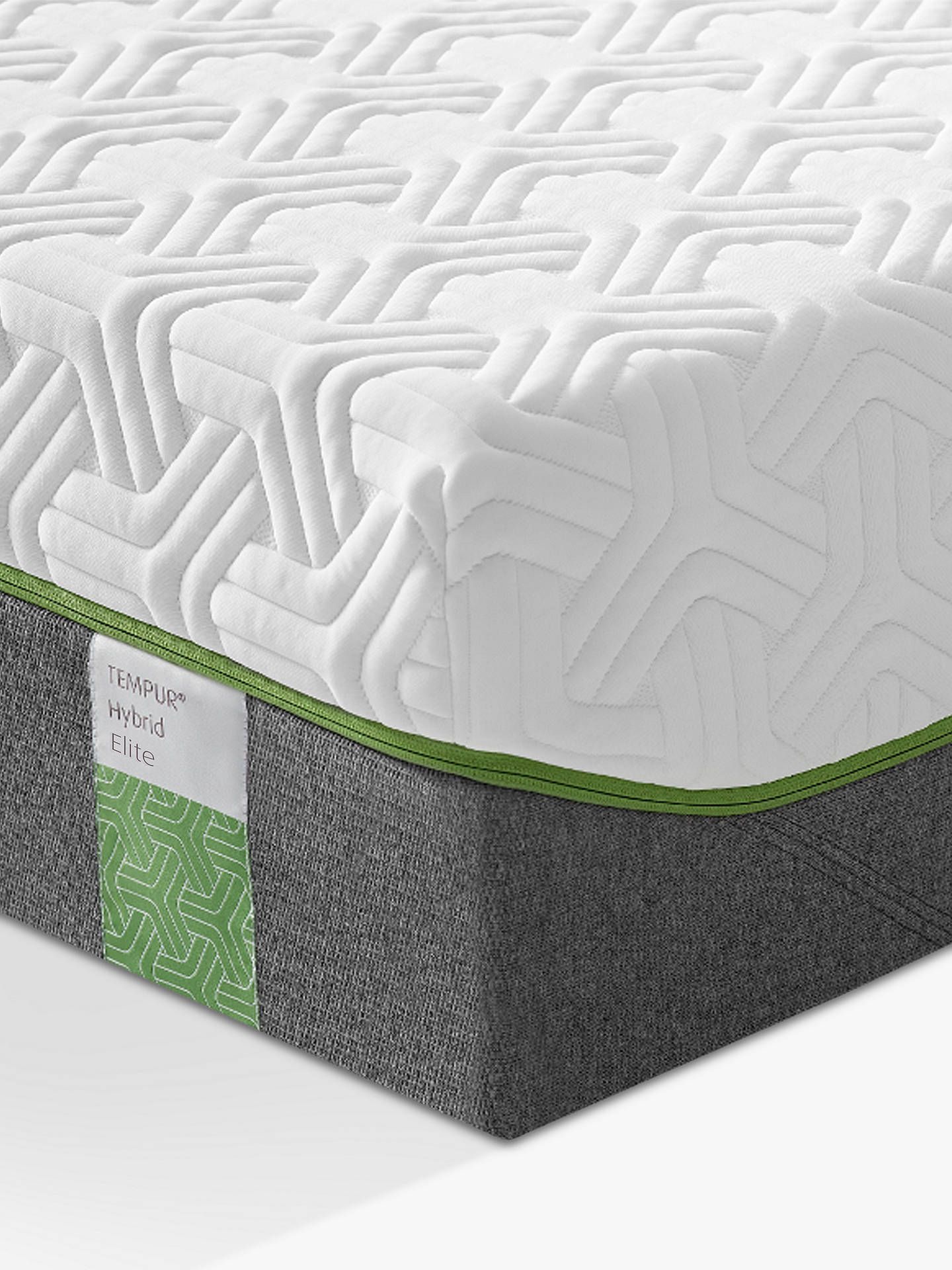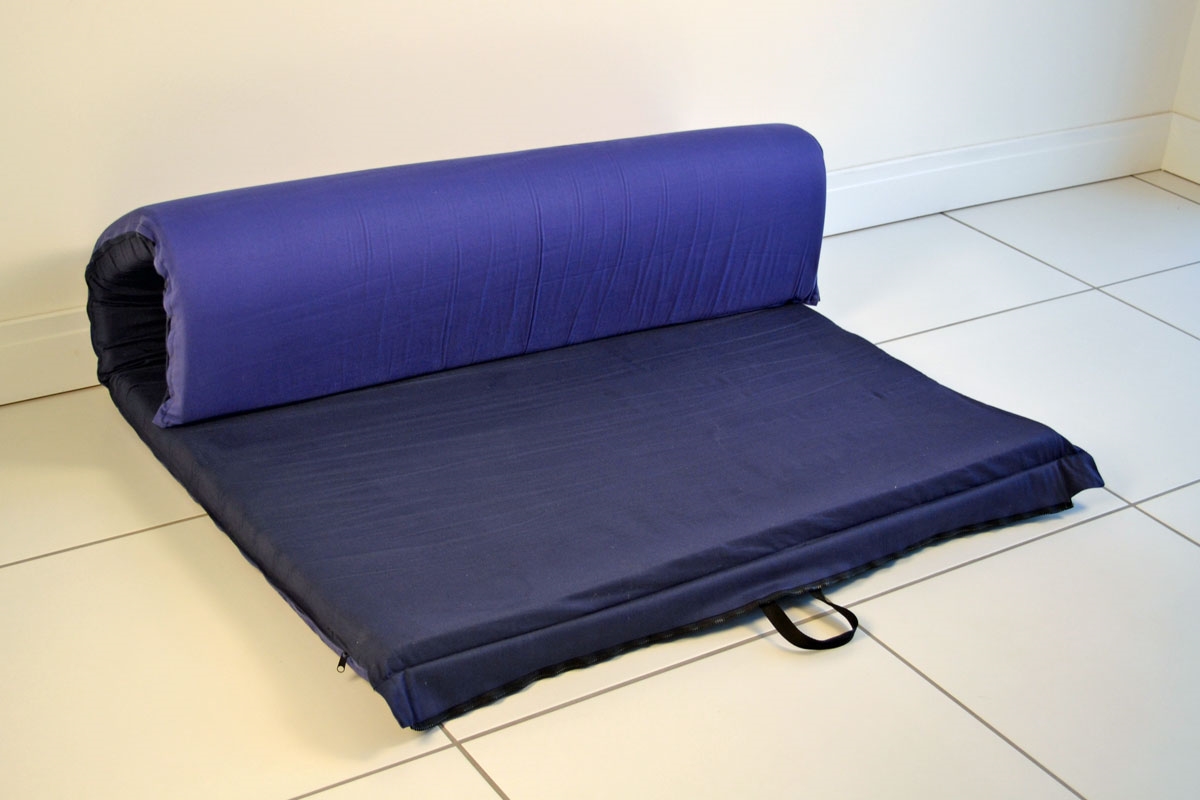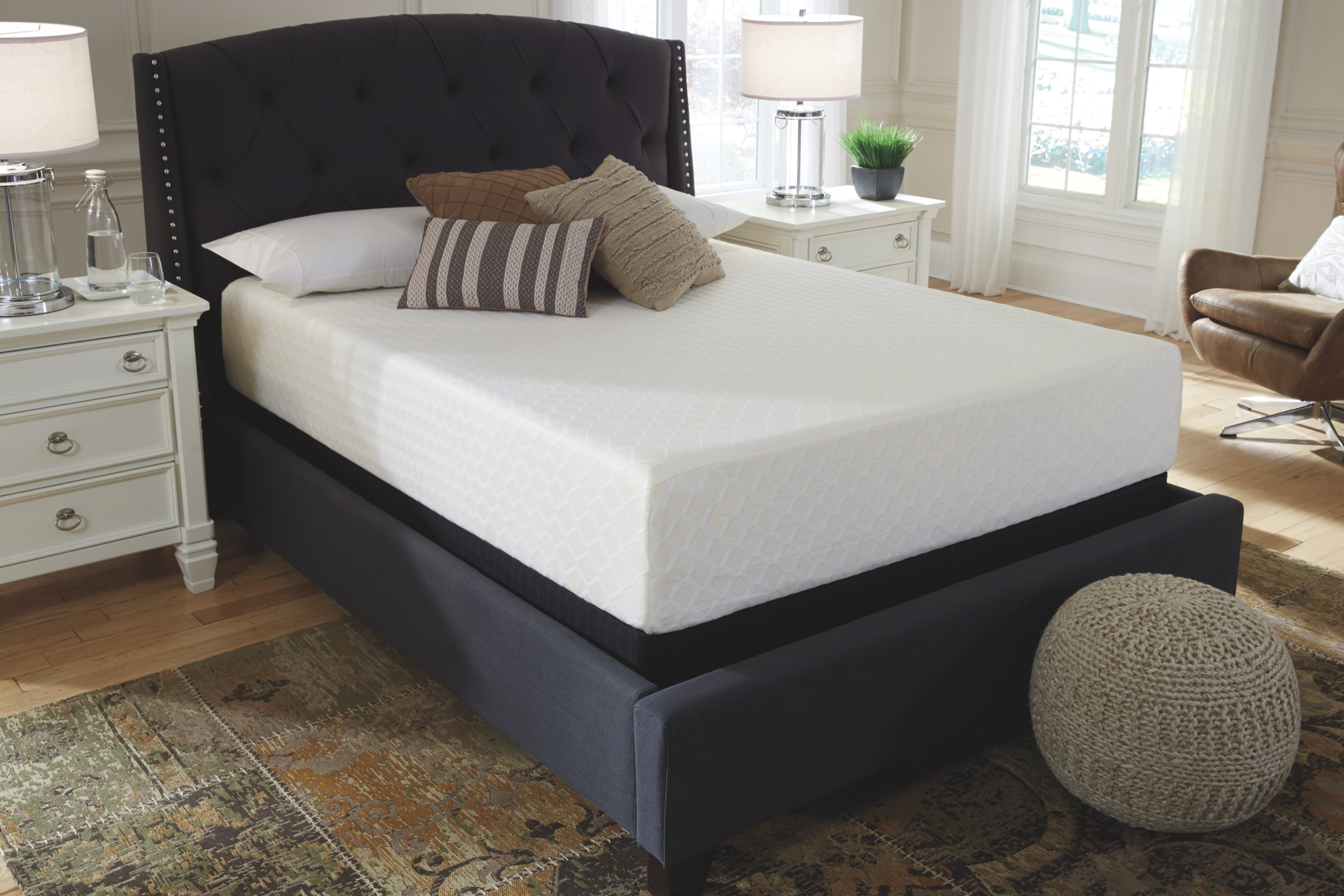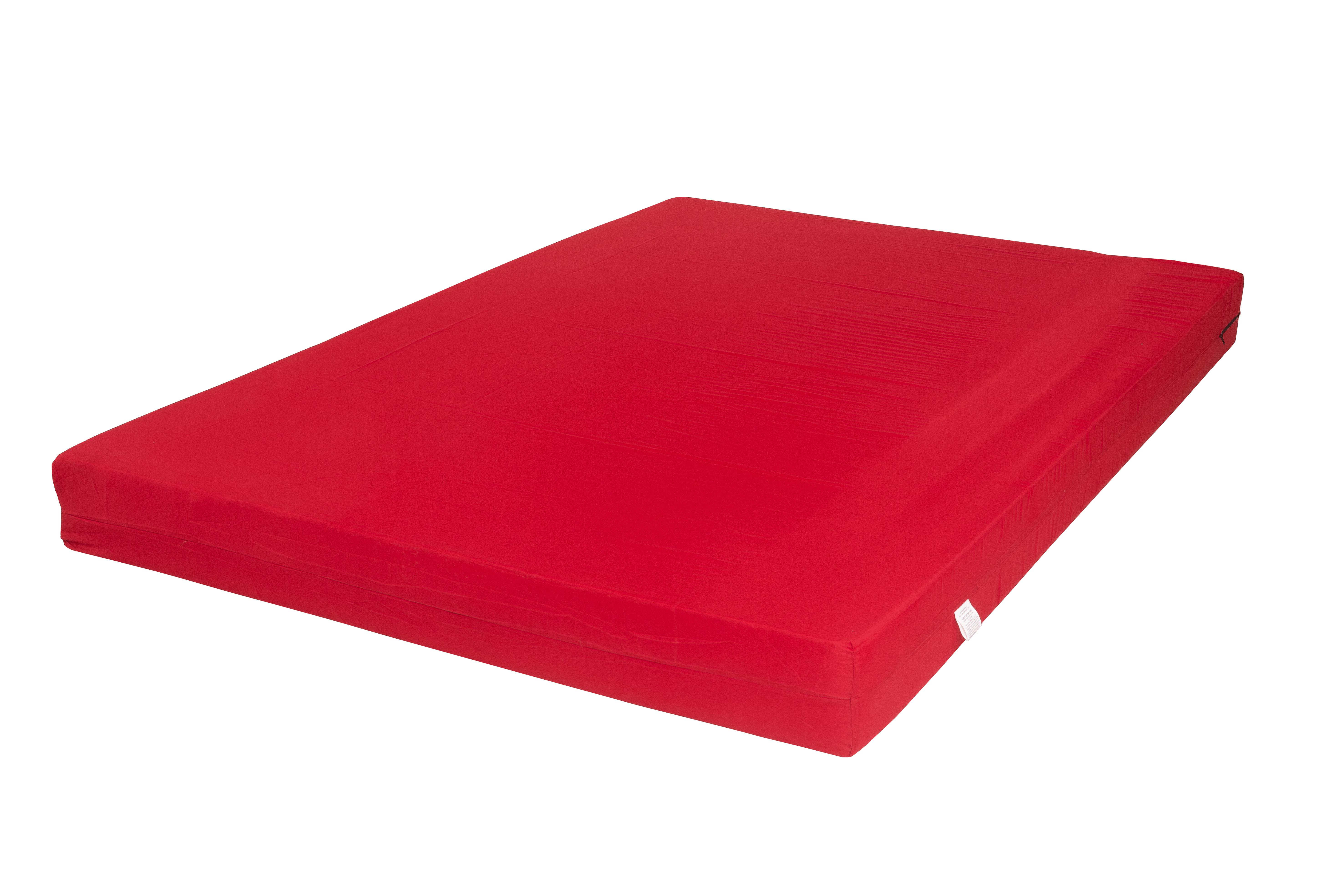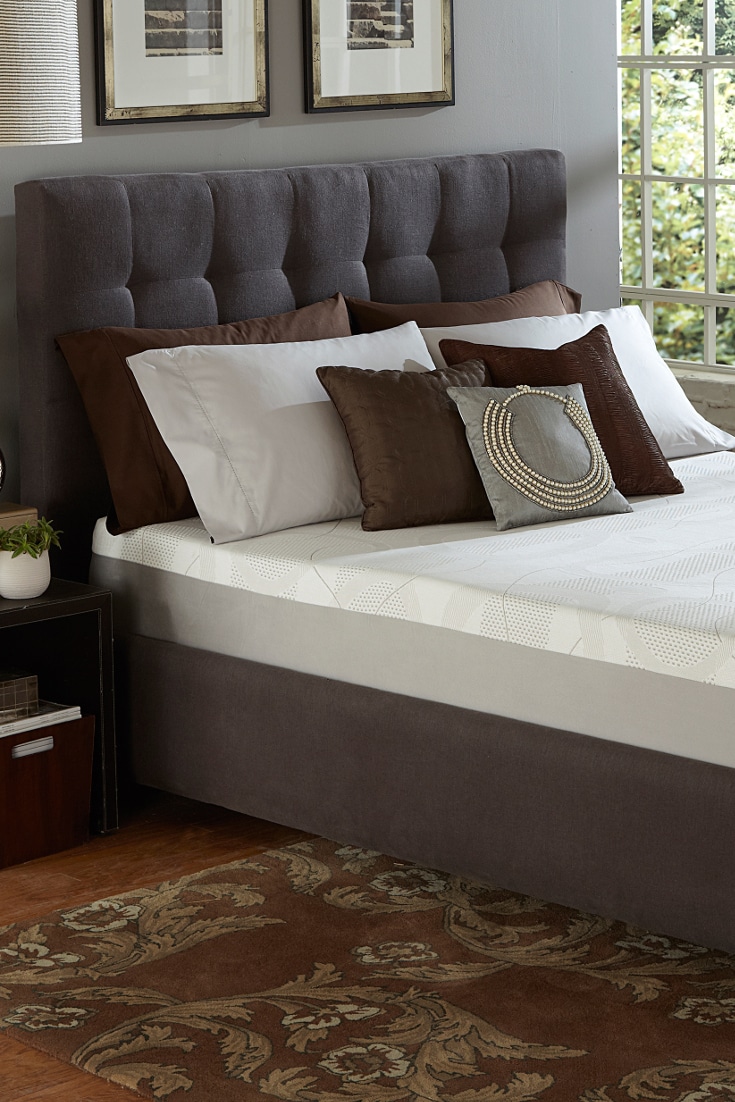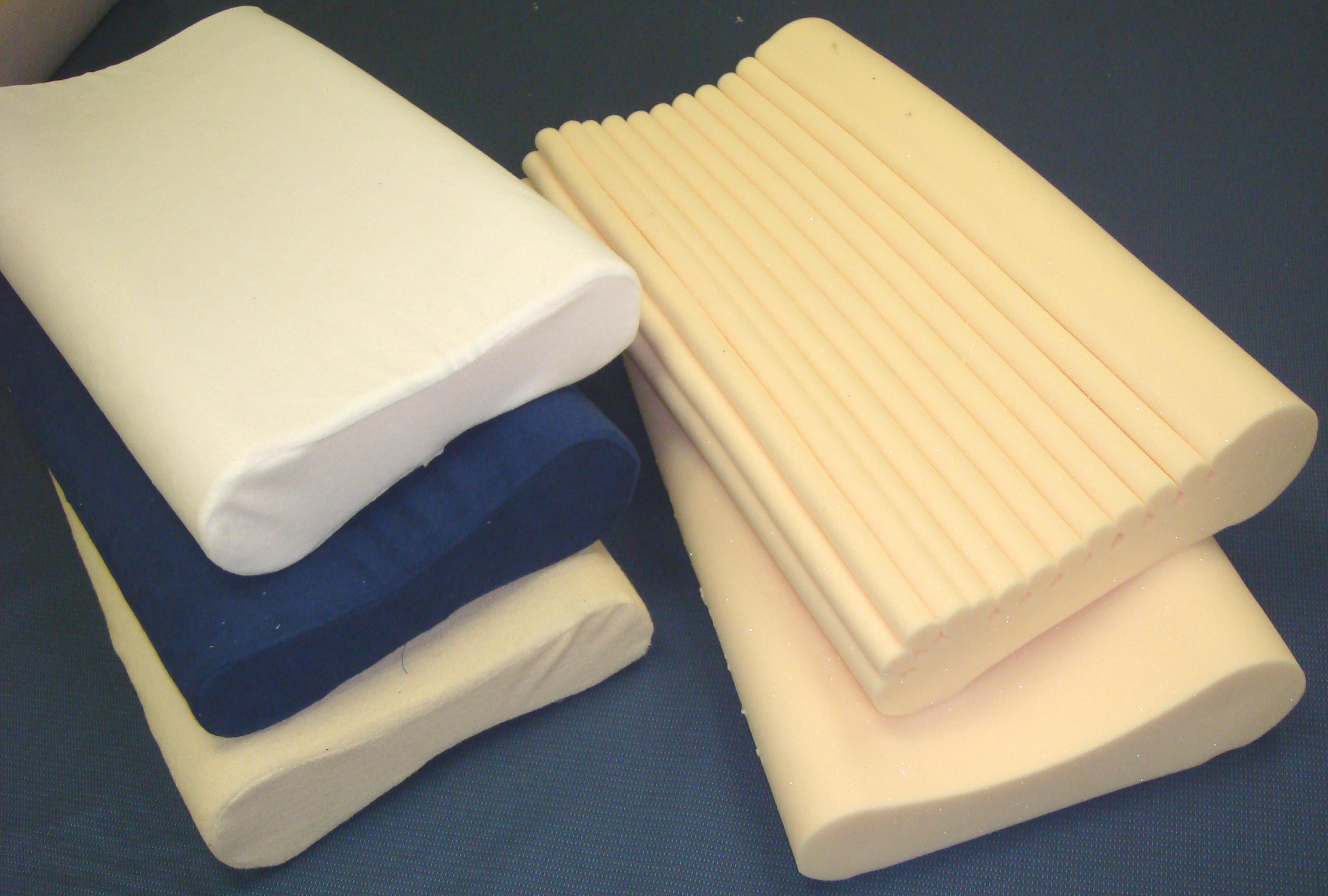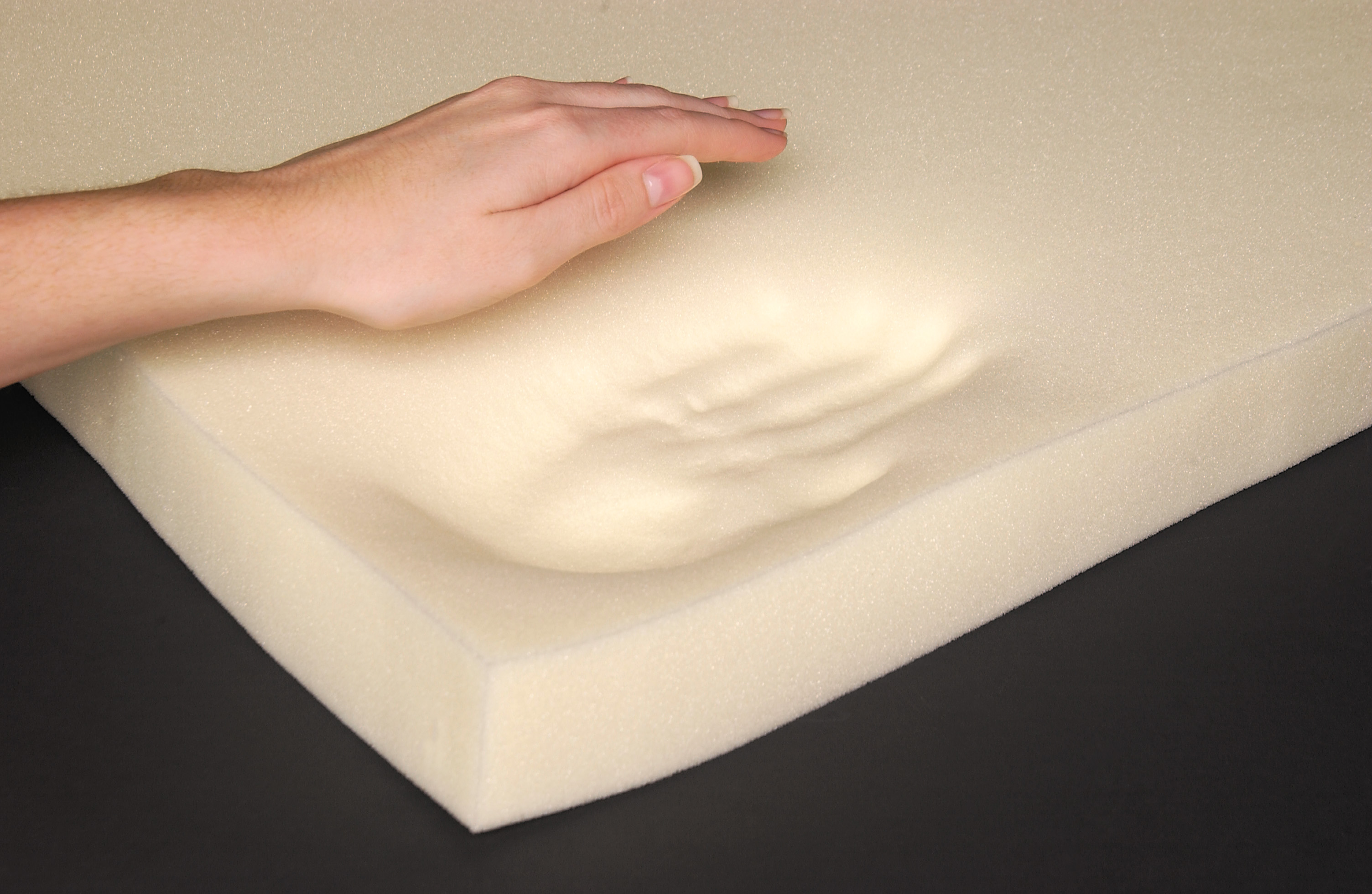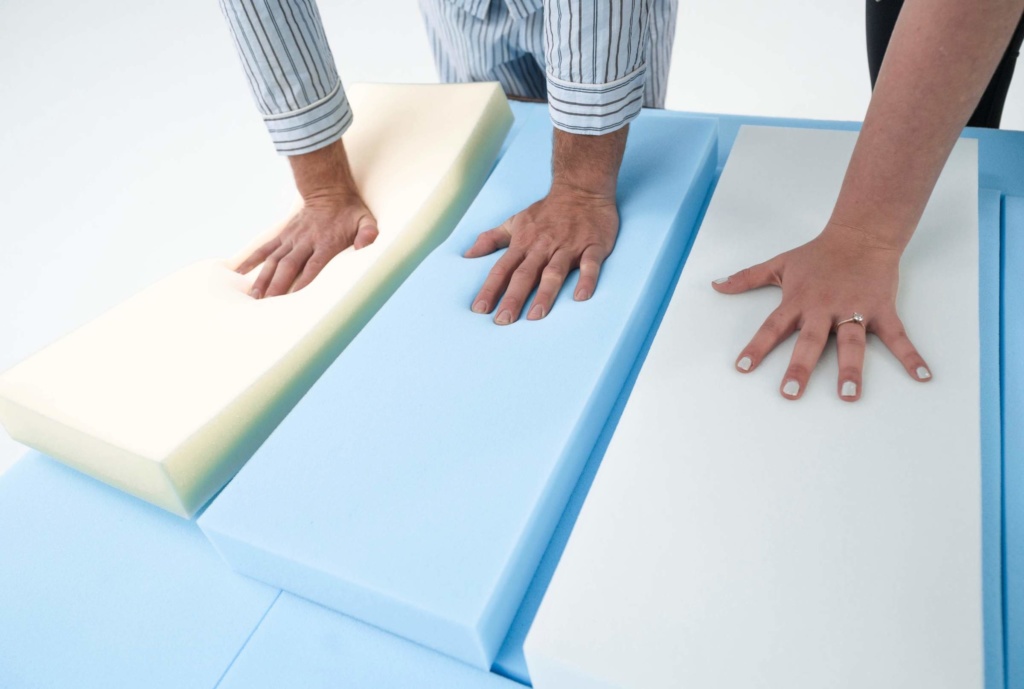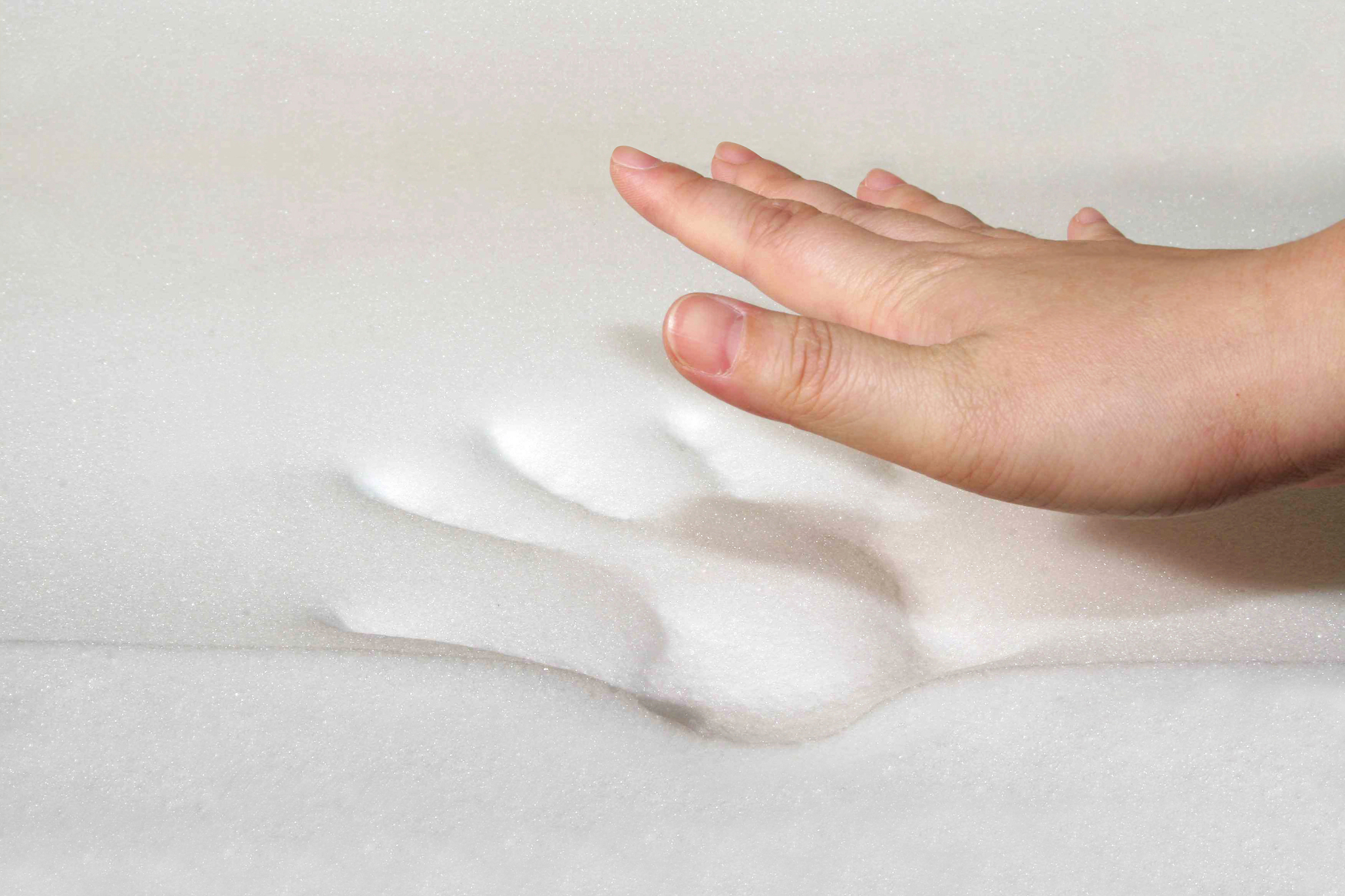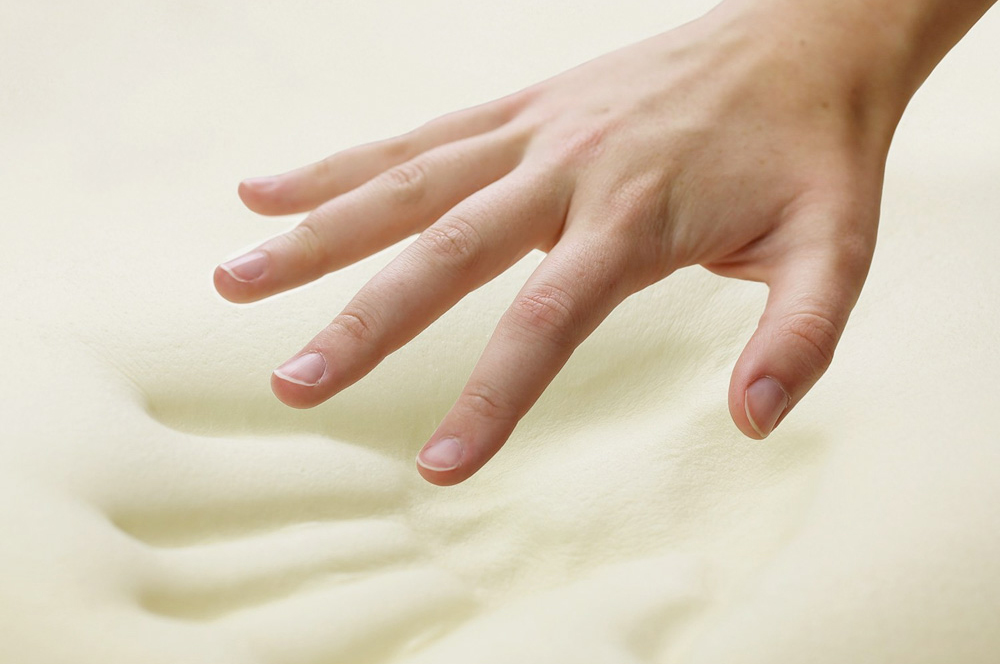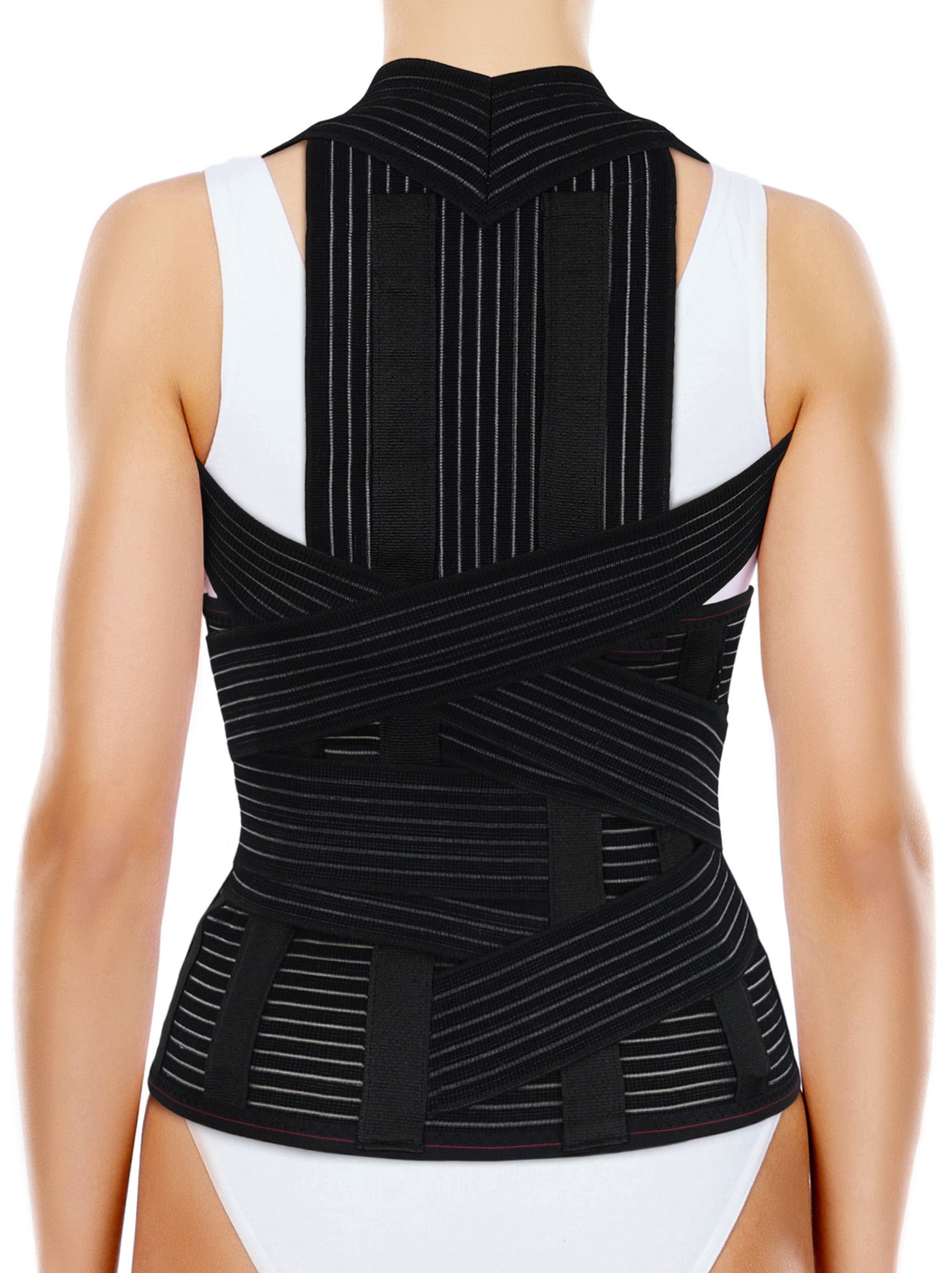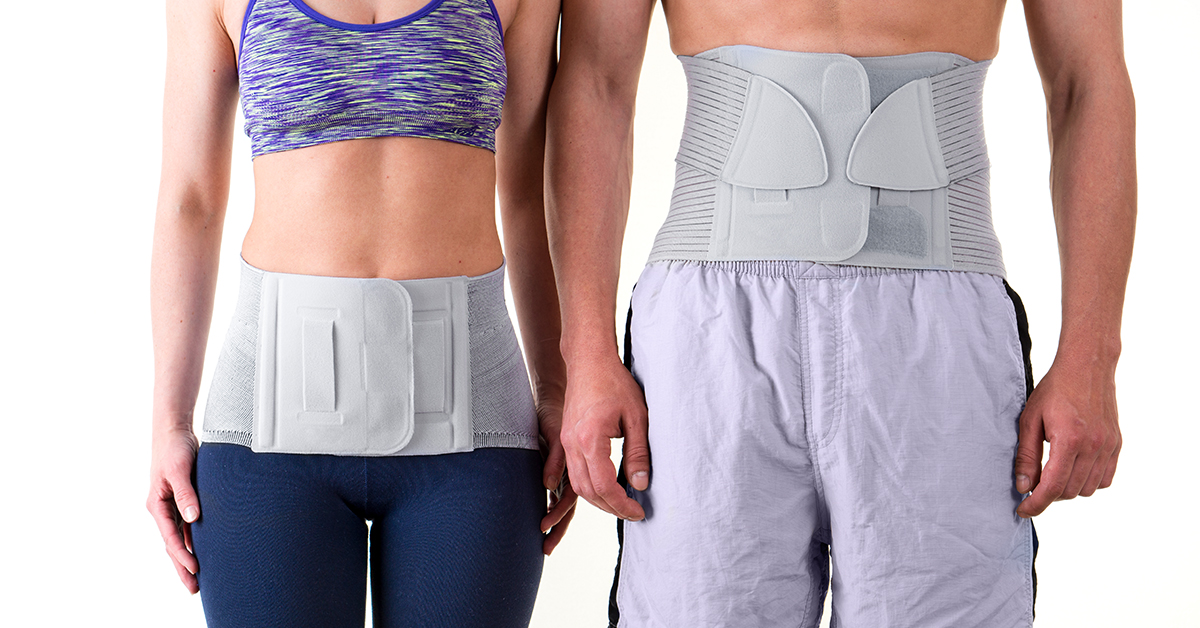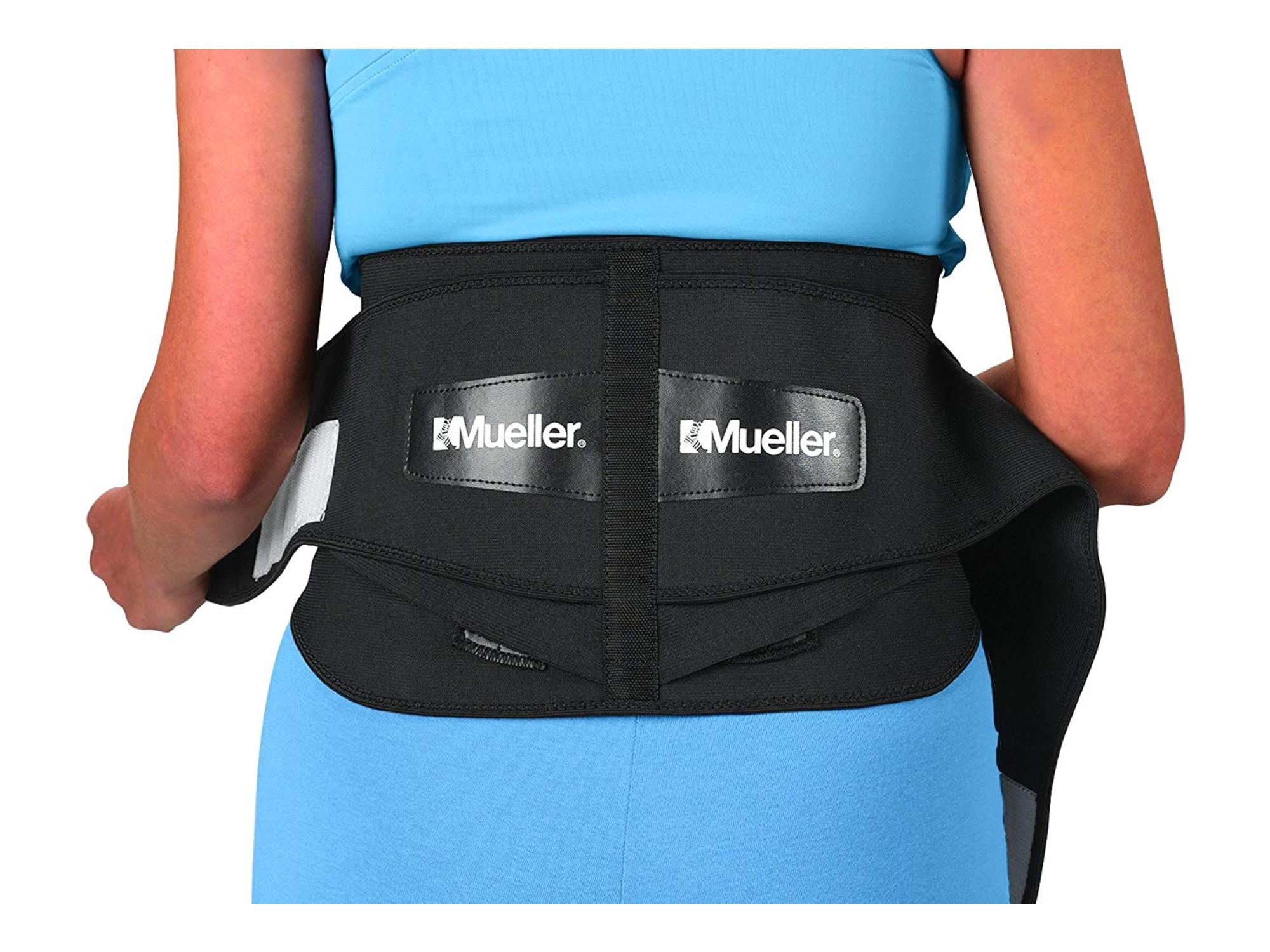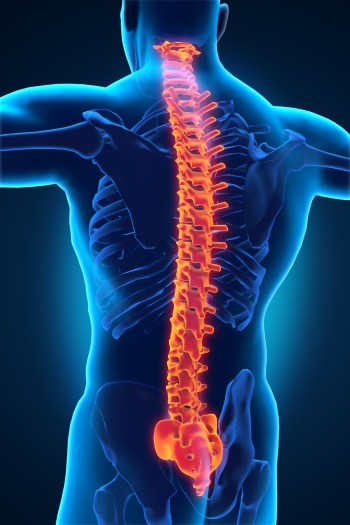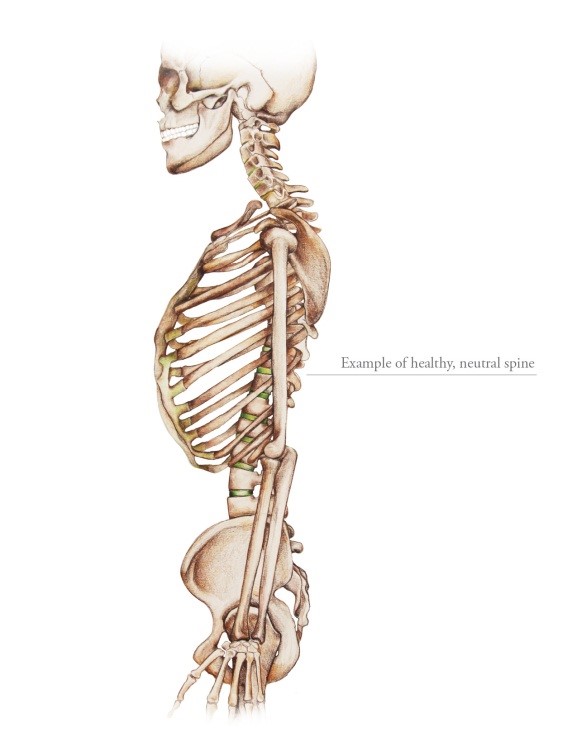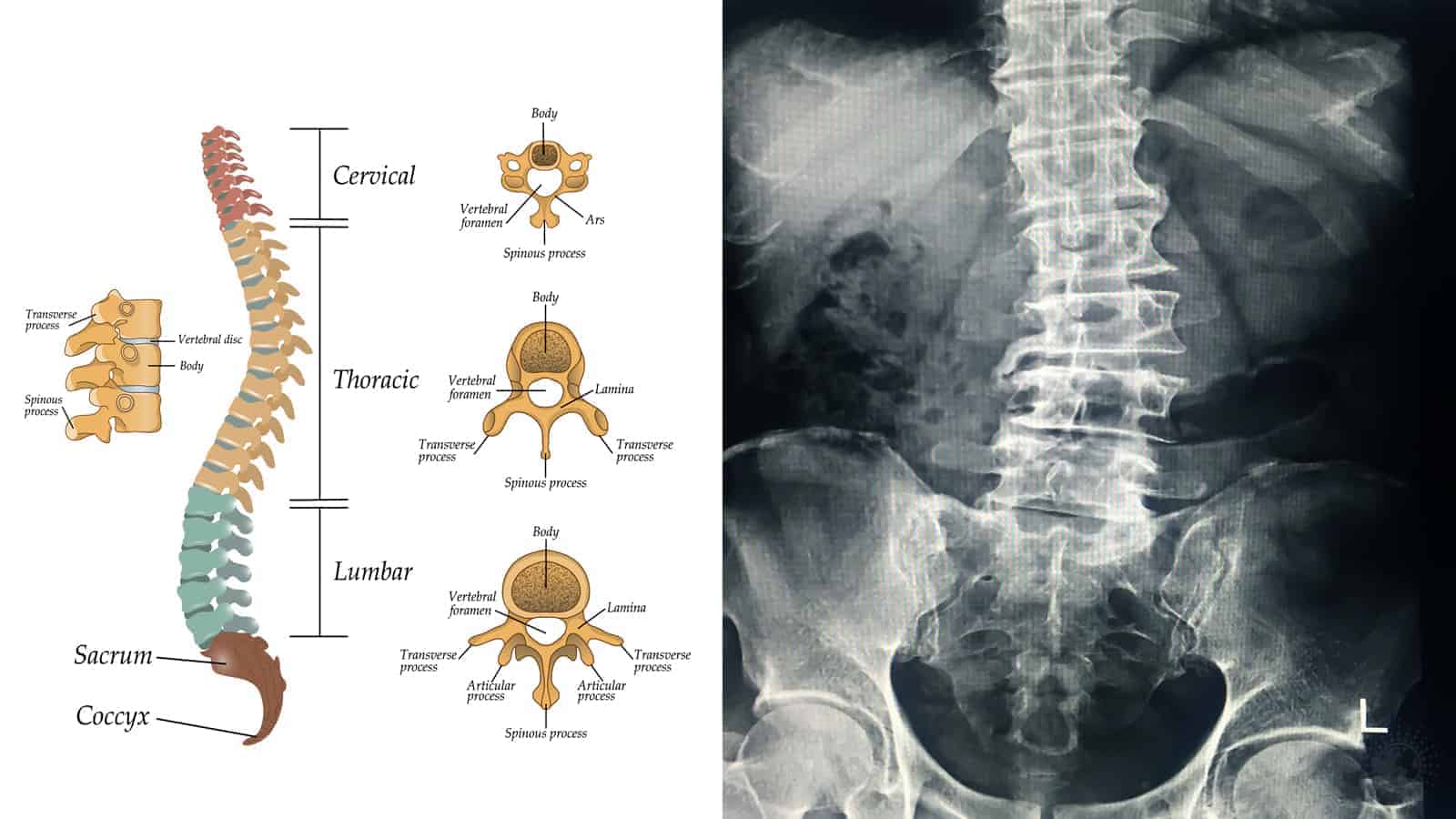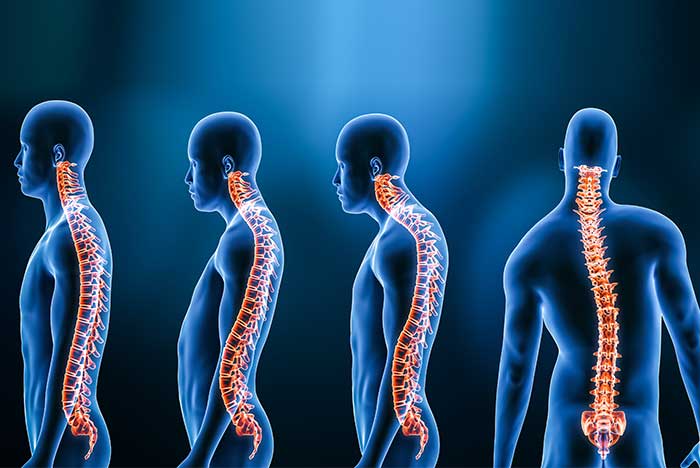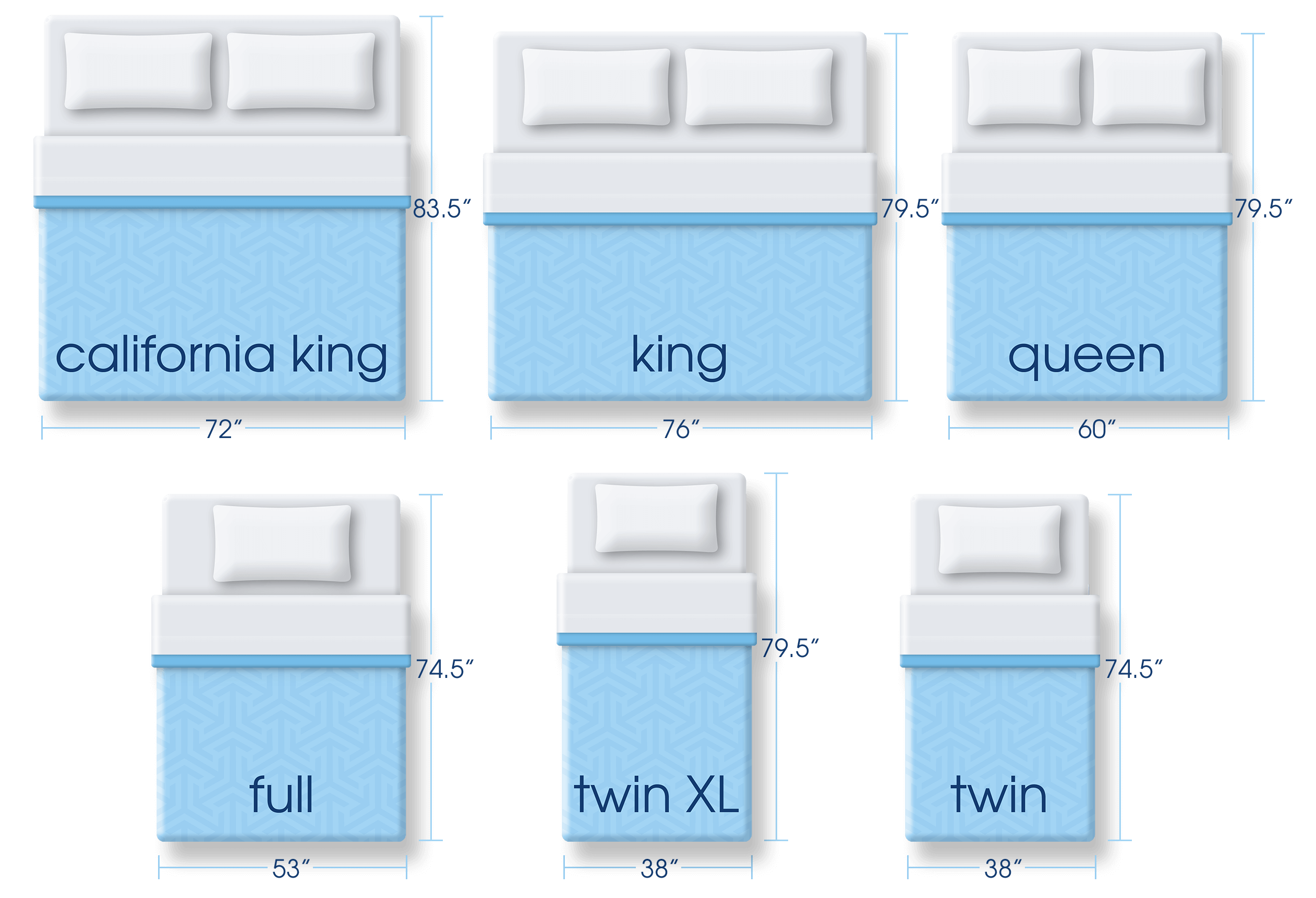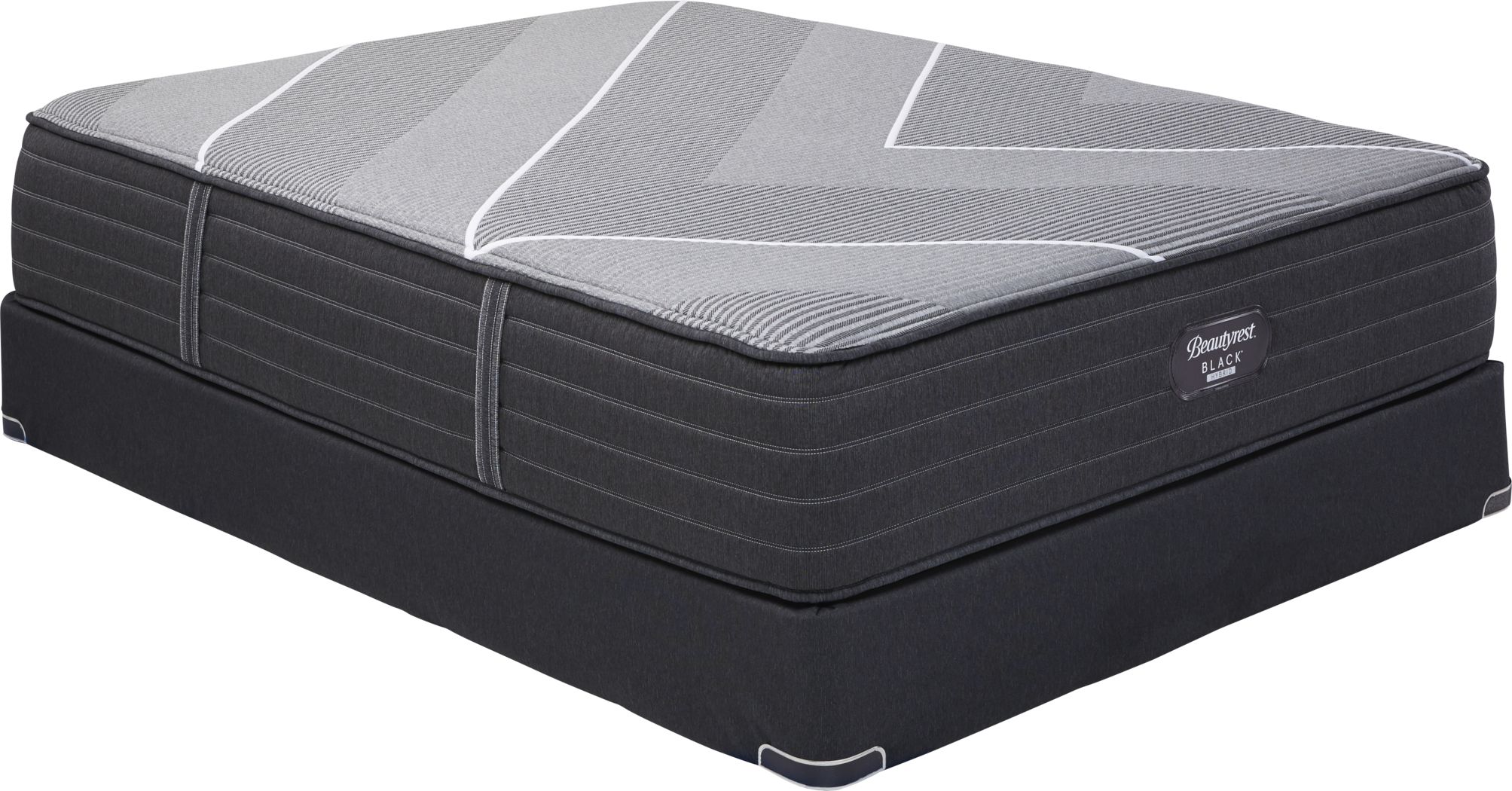Memory foam mattresses have gained popularity in recent years for their ability to conform to the body and provide pressure relief. However, there have been concerns that these mattresses may actually cause back ache and exacerbate existing back pain. In this article, we will explore the truth behind this claim and whether memory foam mattresses are the culprit behind back discomfort.The Truth About Memory Foam Mattresses and Back Ache
Memory foam is a type of polyurethane foam that is designed to respond to body heat and pressure, allowing it to mold to the shape of the body. This can provide a comfortable and supportive sleep surface for many people. However, some individuals may find that the sinking feeling of memory foam can lead to back ache.The Science Behind Memory Foam Mattresses
The short answer is no. Memory foam mattresses themselves do not cause back ache. In fact, they are often recommended for individuals with back pain because they can provide pressure relief and support for the spine. However, there are some factors that may contribute to back ache when using a memory foam mattress.Can Memory Foam Mattresses Cause Back Ache?
It's important to understand the difference between back pain and back ache. Back pain refers to a sharp or chronic pain in the back that may be caused by underlying conditions such as arthritis, sciatica, or an injury. Back ache, on the other hand, is a general discomfort or soreness in the back that is not necessarily caused by a specific condition. It is often a result of muscle tension or strain.Back Pain vs. Back Ache
Back ache can be caused by a variety of factors, including poor posture, lack of movement, and inadequate support during sleep. When it comes to memory foam mattresses, the sinking feeling of the foam may cause some individuals to feel like they are "stuck" in one position, leading to muscle tension and discomfort in the back.Understanding the Causes of Back Ache
If you experience back ache while sleeping on a memory foam mattress, there are several steps you can take to alleviate the discomfort:How to Avoid Back Ache on a Memory Foam Mattress
While back ache may be a concern for some individuals, it's important to also consider the many benefits of memory foam mattresses. These include:Other Benefits of Memory Foam Mattresses
While it's possible for some individuals to experience back ache while sleeping on a memory foam mattress, it is not a common occurrence. With the right firmness level, proper support, and good sleep habits, you can enjoy the many benefits of a memory foam mattress without any discomfort. If you continue to experience back ache, it may be a sign of an underlying condition and you should consult with a medical professional.In Conclusion
The Link Between Memory Foam Mattresses and Back Aches: What You Need to Know
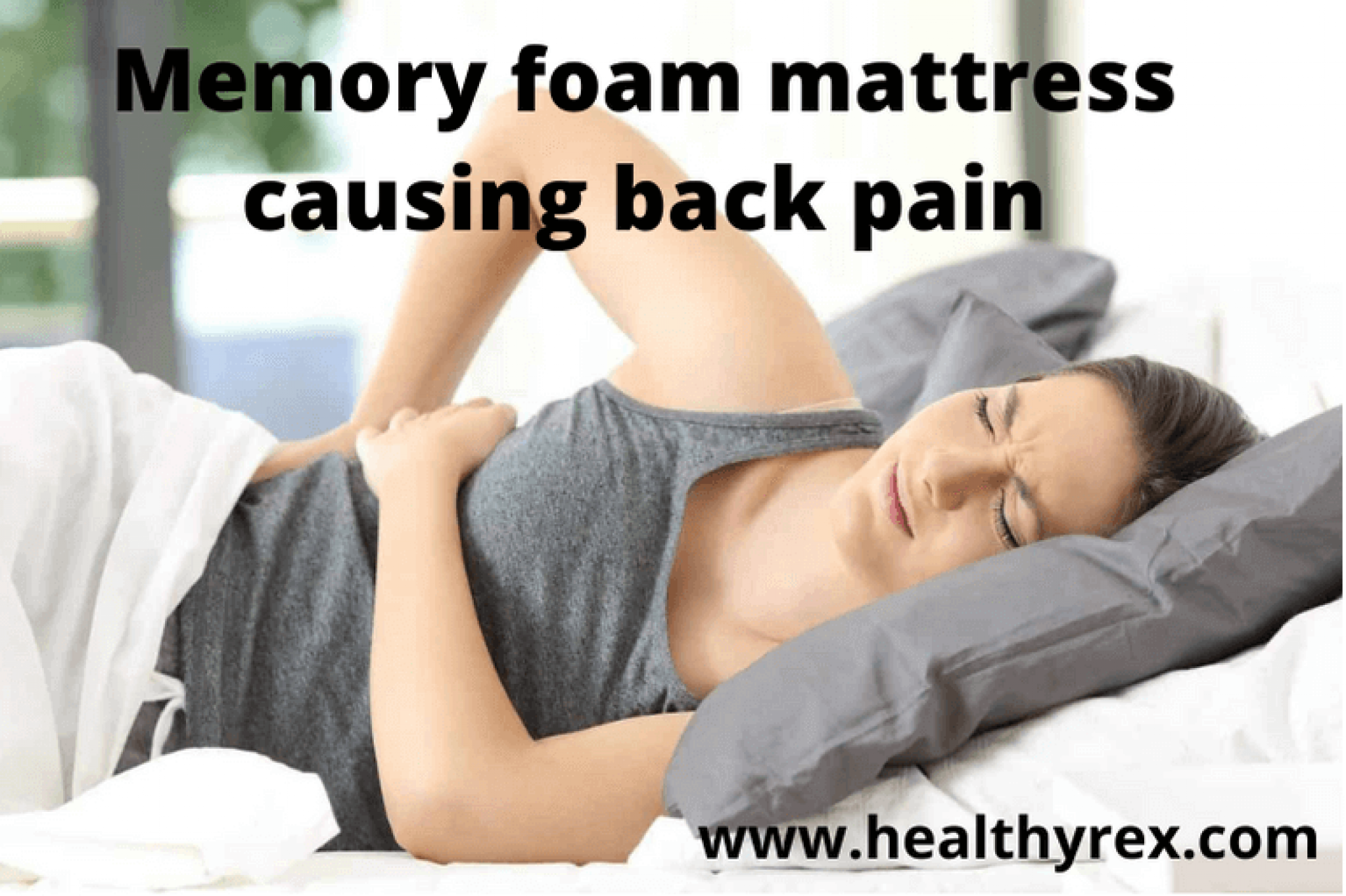
Memory foam mattresses have gained popularity in recent years for their ability to conform to the body and provide support and comfort while sleeping. However, there have been concerns about whether these mattresses can actually cause back aches in some individuals. So, before you make the switch to a memory foam mattress, it's important to understand the potential impact on your back health.
The Science Behind Memory Foam

Memory foam was first developed by NASA in the 1960s to improve cushioning and crash protection for astronauts. It wasn't until the 1990s that memory foam mattresses became commercially available for everyday use. The material is known for its ability to contour to the body and distribute weight evenly, providing pressure relief and support.
However, this contouring feature is also what has raised concerns about memory foam mattresses causing back aches. Some experts believe that the material can cause the body to sink too deeply, leading to poor spinal alignment and potential back pain.
The Impact on Back Health

While there is no conclusive evidence that memory foam mattresses directly cause back aches, there are some potential factors to consider. For starters, memory foam mattresses tend to be on the softer side, and for individuals with pre-existing back issues, this may not provide enough support for proper spinal alignment. Additionally, the sinking sensation of memory foam can make it difficult for some individuals to switch positions during the night, which can also contribute to back discomfort.
It's important to note that everyone's body is different, and what works for one person may not work for another. Some individuals may find that a memory foam mattress actually helps alleviate their back pain, while others may experience the opposite effect.
Tips for Choosing the Right Mattress

If you are considering a memory foam mattress but are concerned about potential back aches, there are a few things you can keep in mind when making your decision:
1. Firmness: Memory foam mattresses come in a range of firmness levels, from soft to extra firm. If you have a history of back pain, it may be best to opt for a firmer mattress to ensure proper support. 2. Thickness: The thickness of a memory foam mattress can also impact its level of support. Thicker mattresses tend to provide more support for the spine, while thinner ones may not offer enough cushioning. 3. Try Before You Buy: If possible, try out different memory foam mattresses before making a purchase. Lie on them for a few minutes in your usual sleeping positions to get a feel for how they support your body.Ultimately, the key to preventing back aches with a memory foam mattress is finding the right fit for your body and preferences. It's also important to maintain good sleep hygiene, such as using supportive pillows and changing positions frequently throughout the night.
In Conclusion

While memory foam mattresses have been linked to back aches in some individuals, there is no one-size-fits-all answer. It's important to consider your own body and preferences when choosing a mattress and to consult with a healthcare professional if you experience persistent back pain. With the right mattress and proper sleep habits, you can enjoy all the benefits of memory foam without compromising your back health.

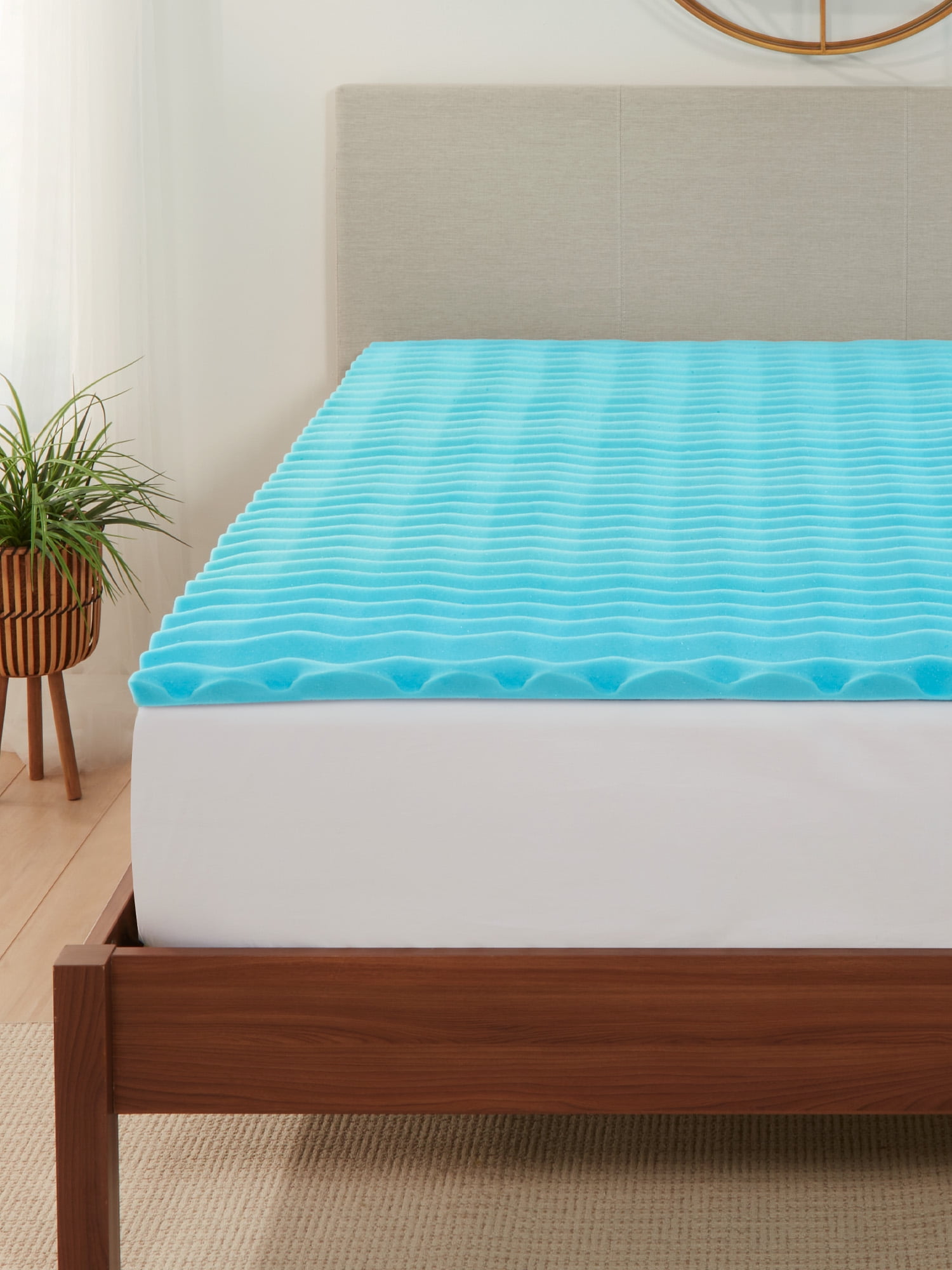











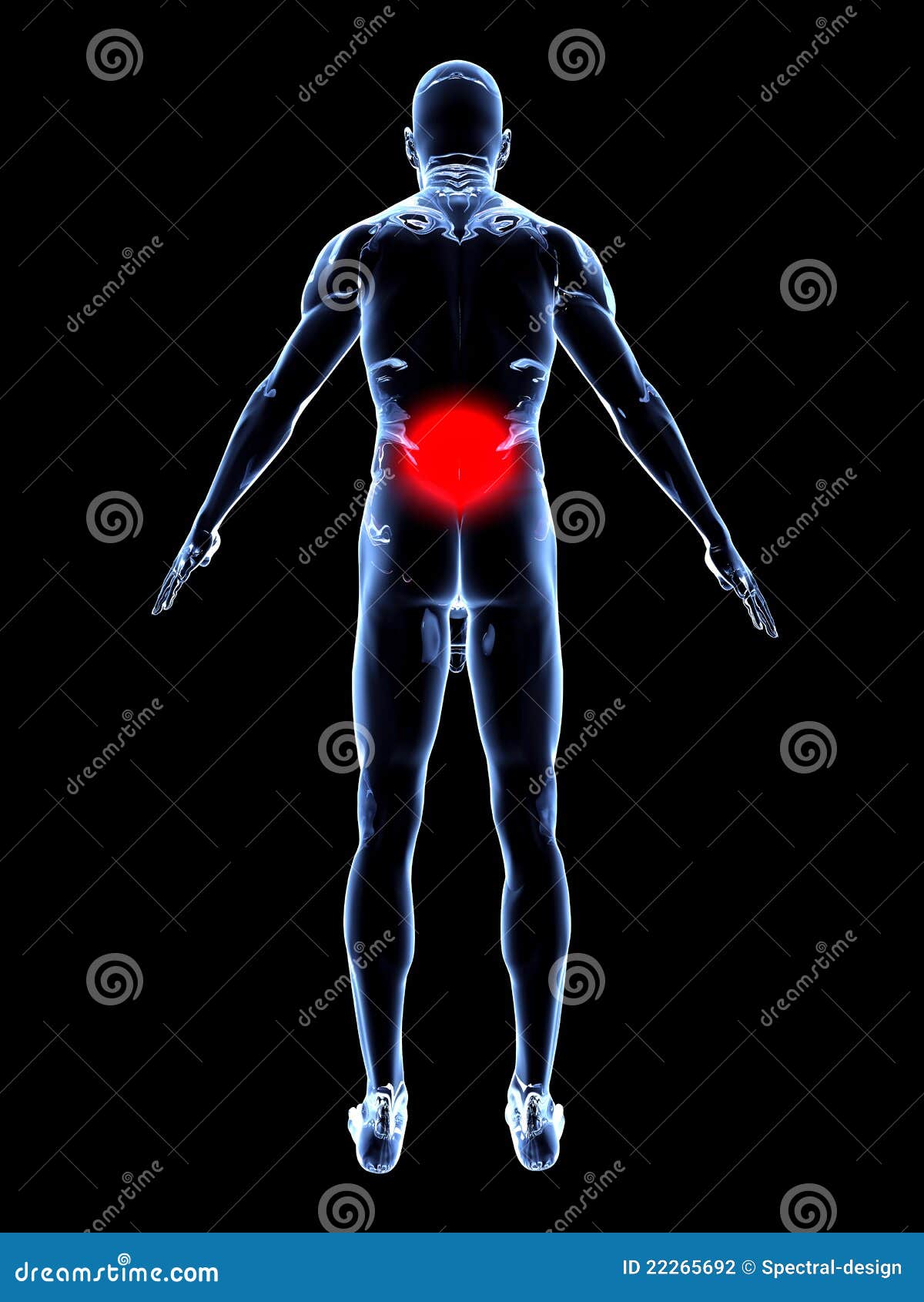


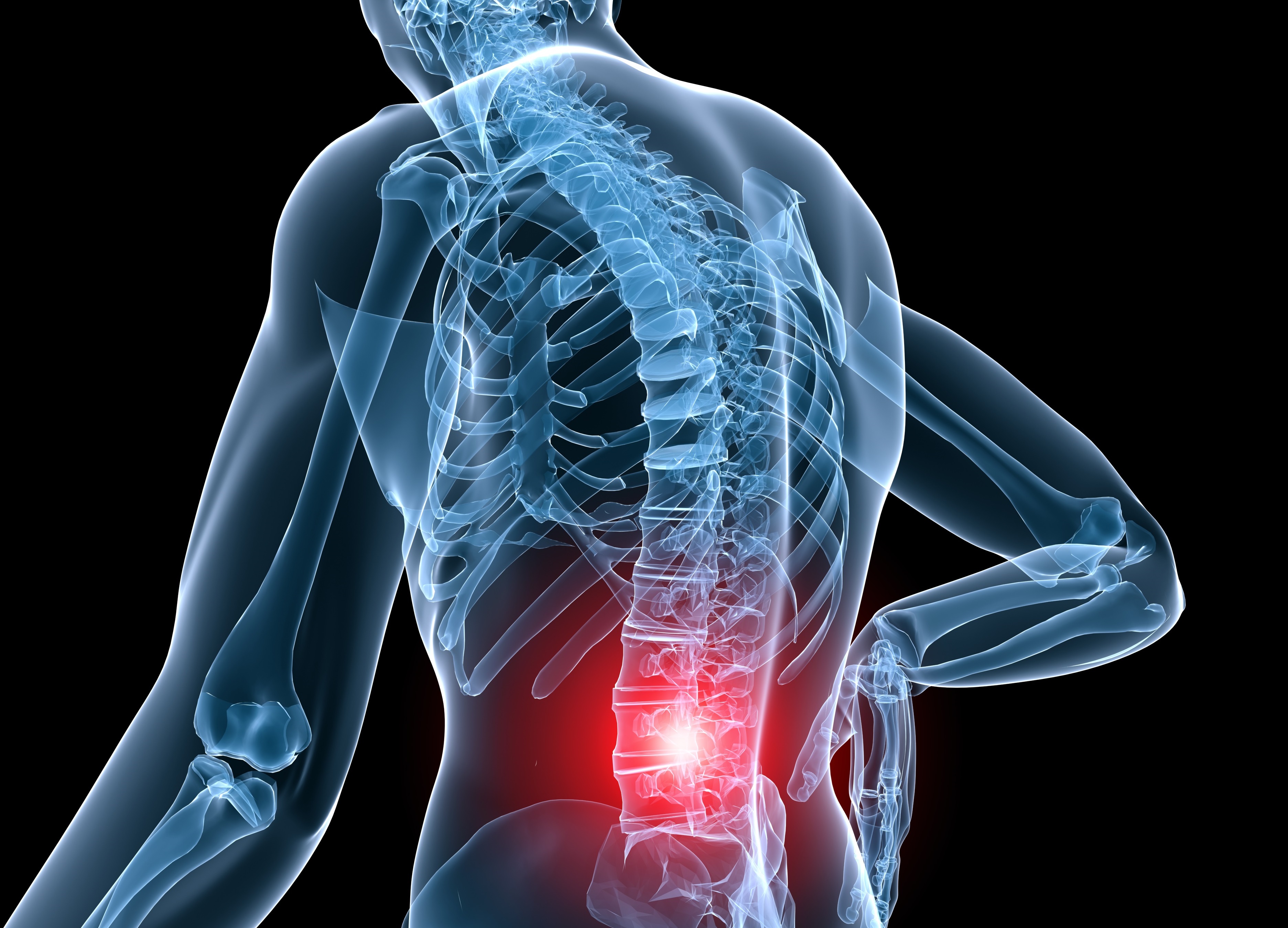








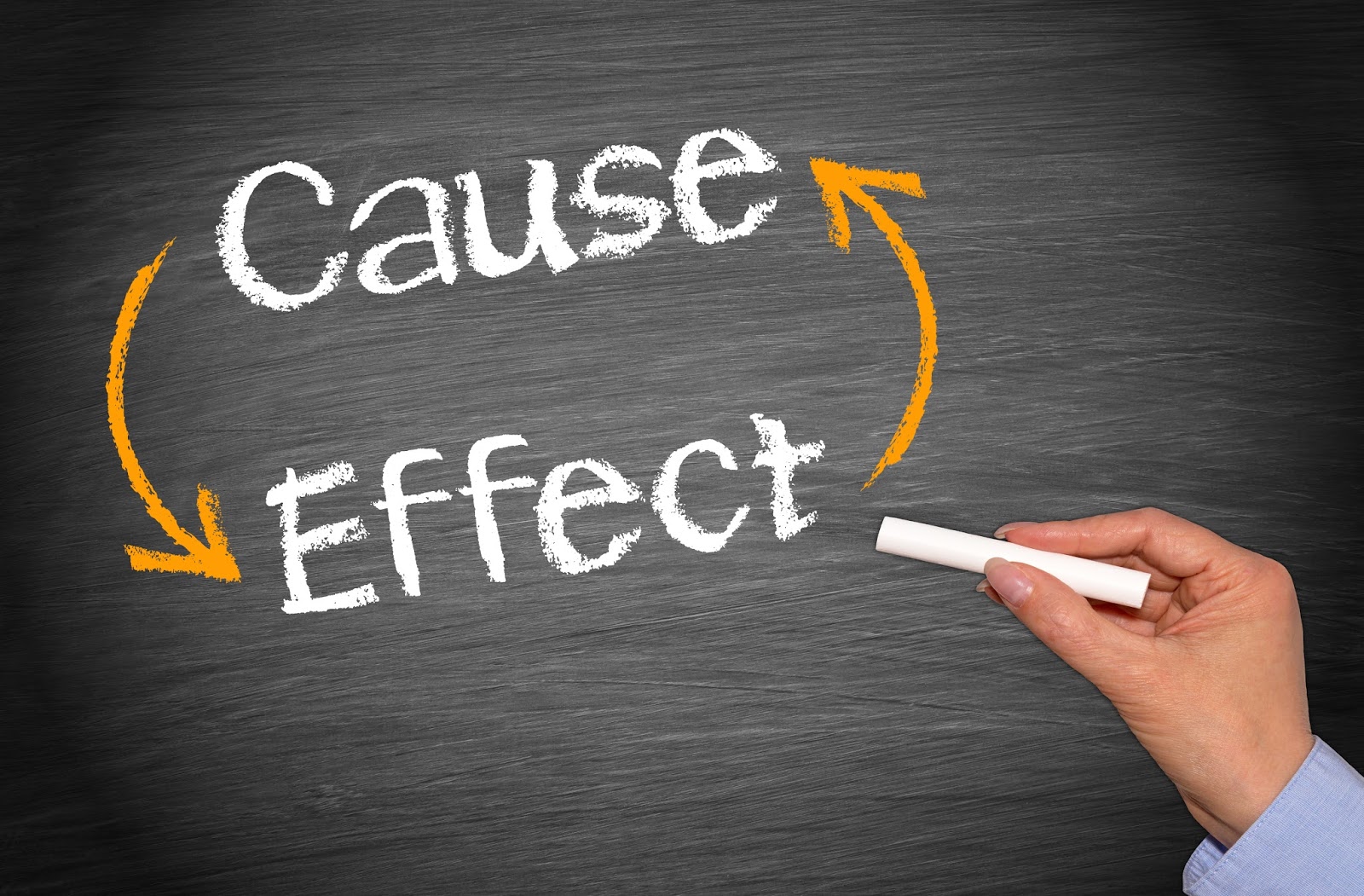


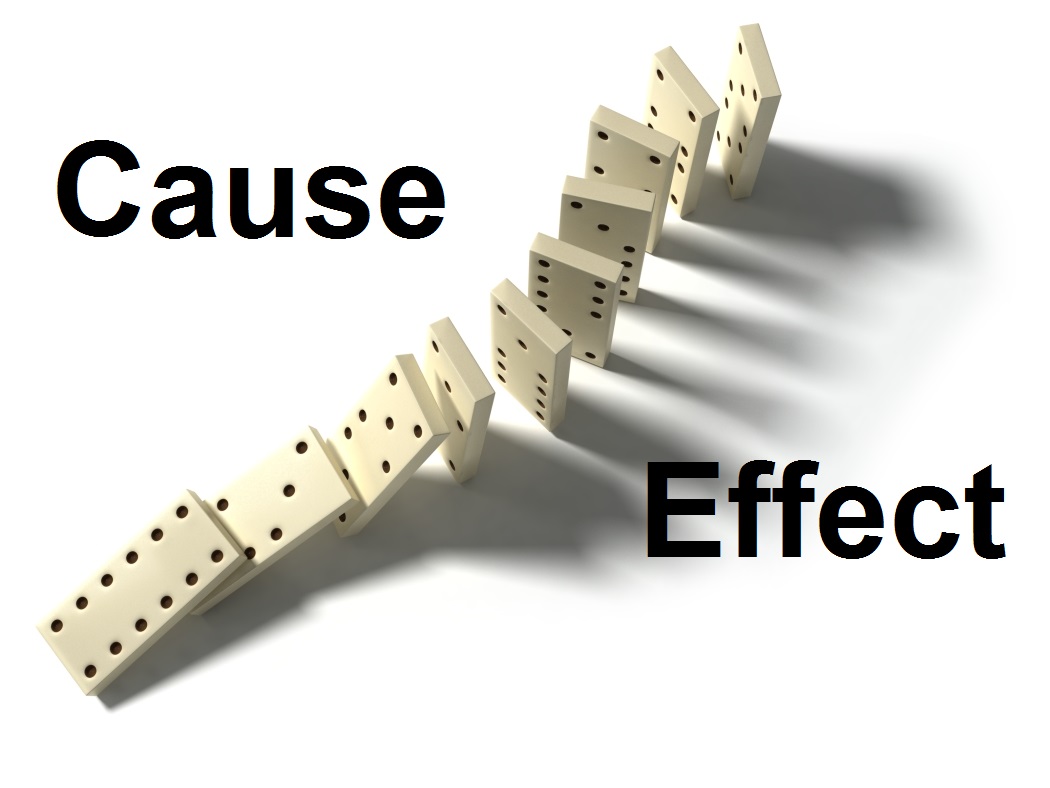
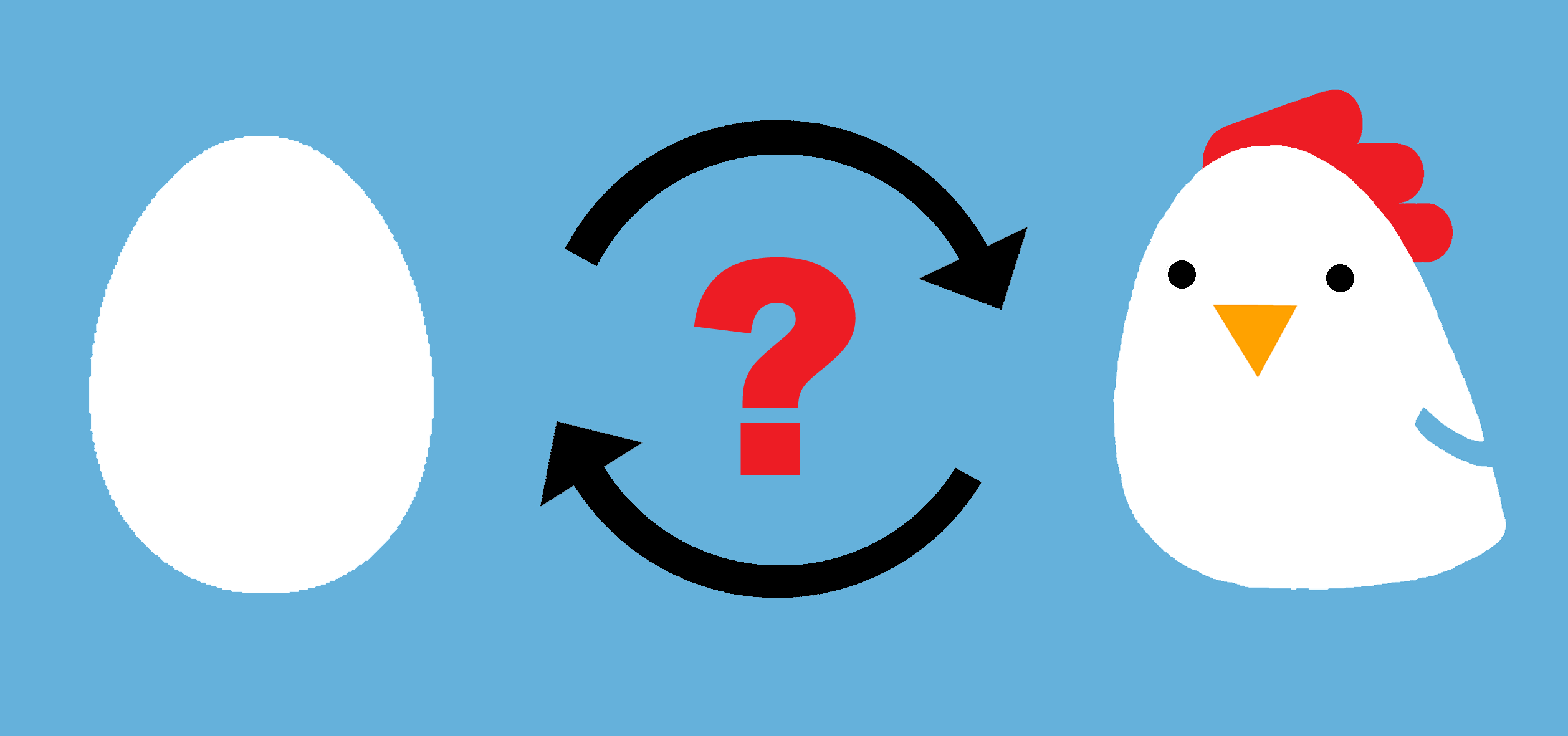

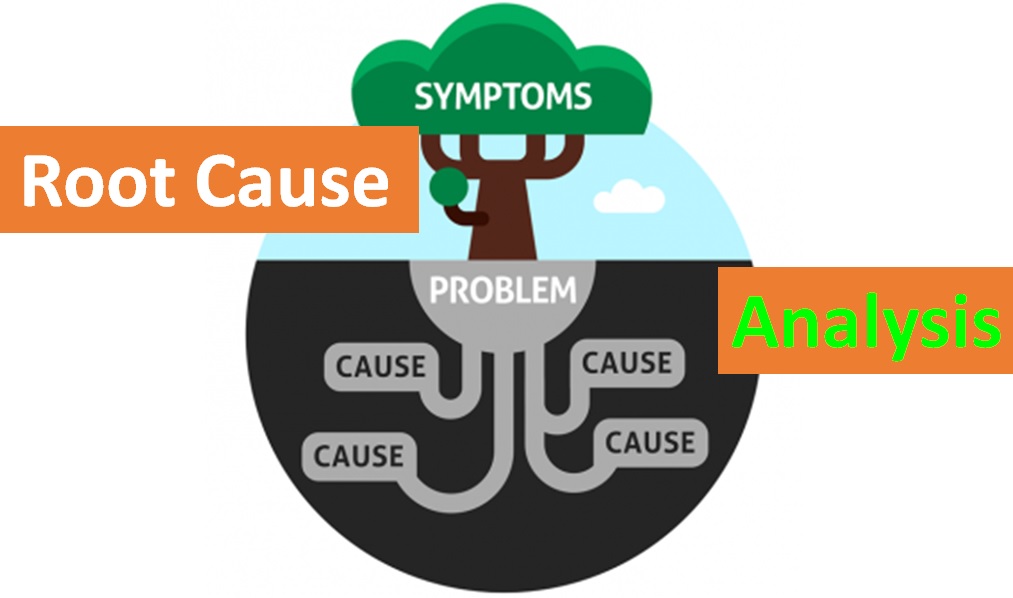
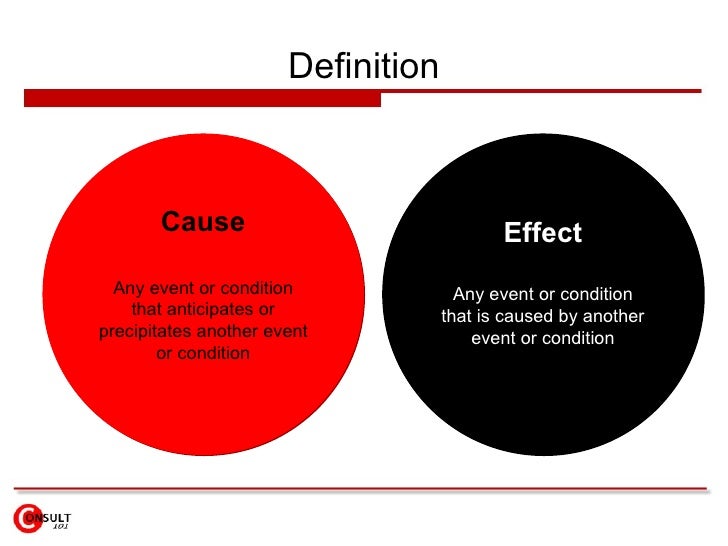
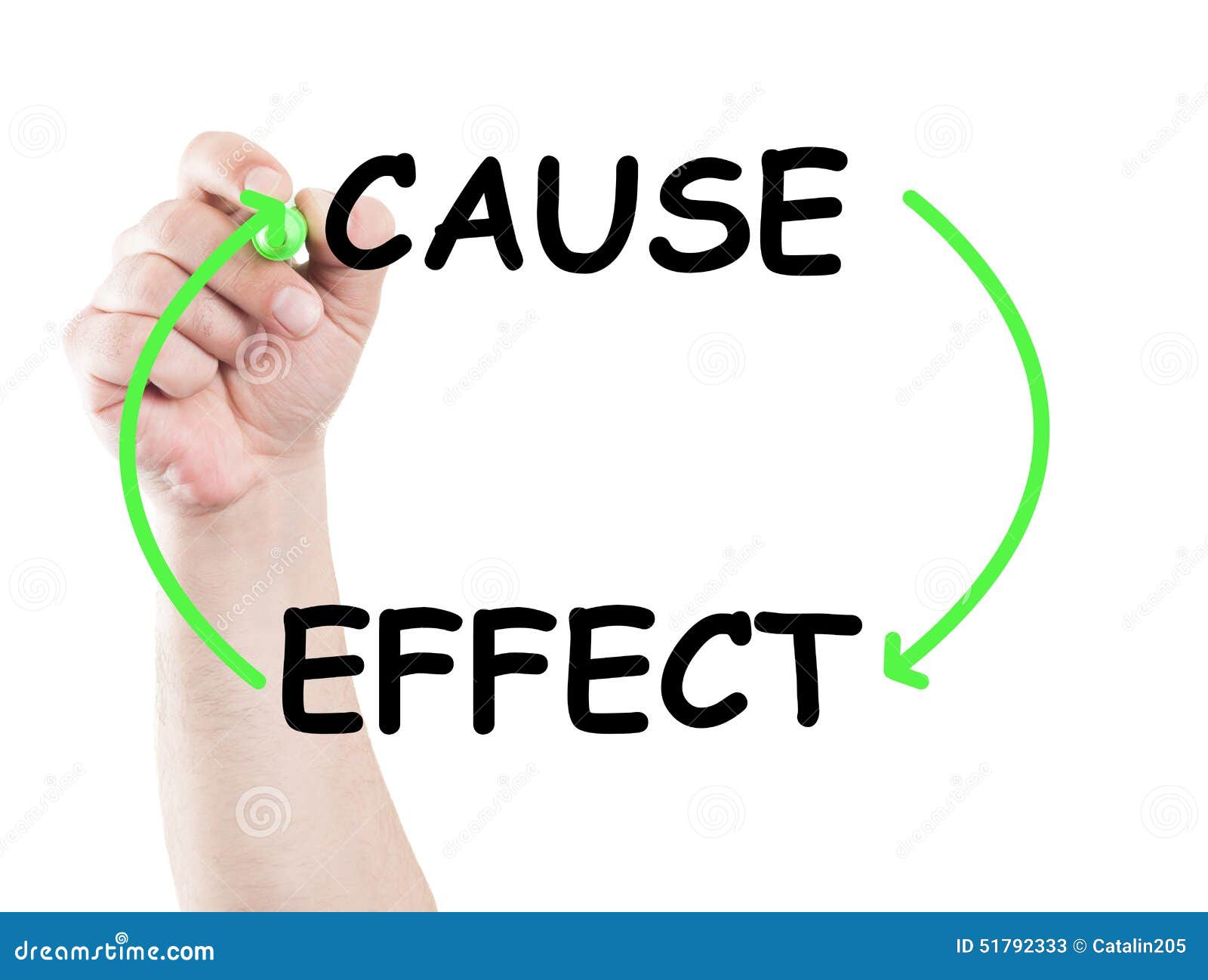






:max_bytes(150000):strip_icc()/backpainfinal-01-5c3ba0bf46e0fb0001b5b300.png)



